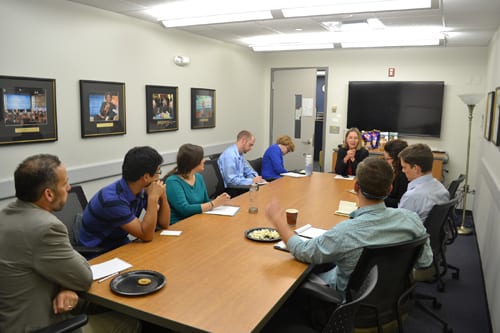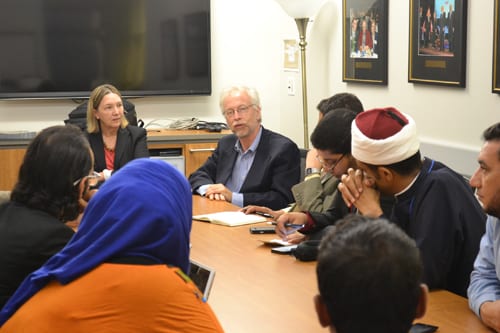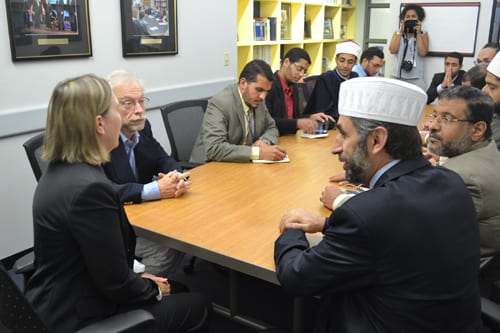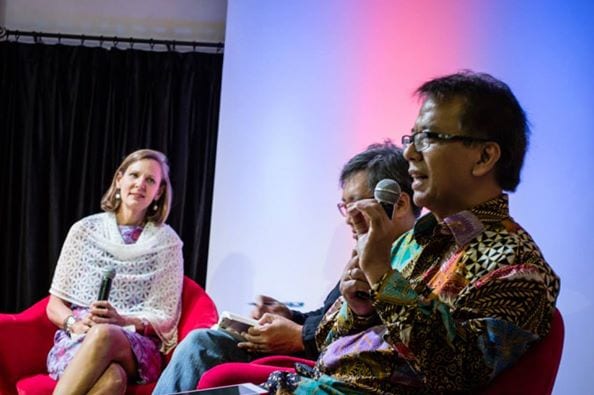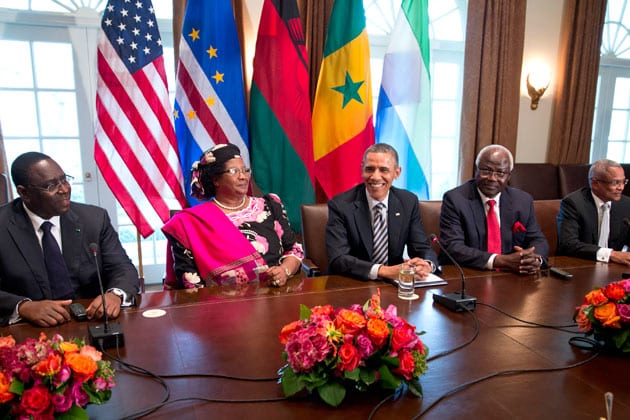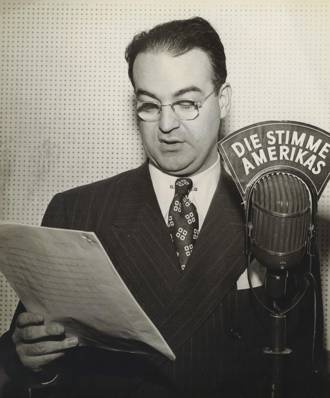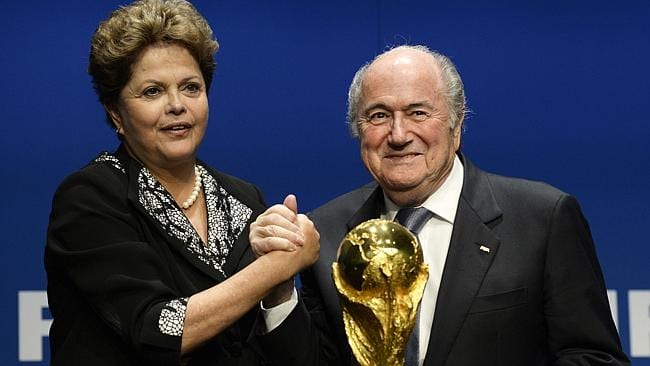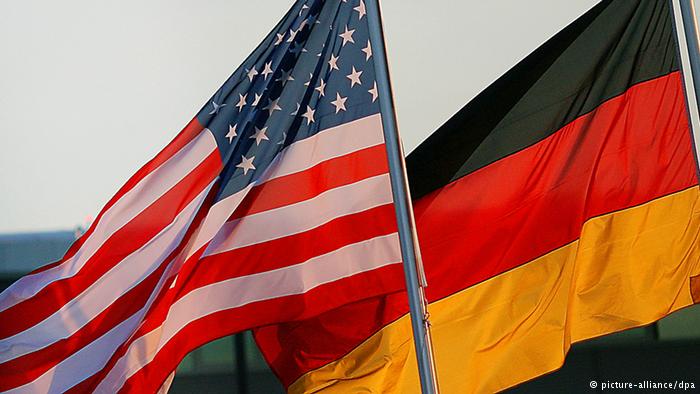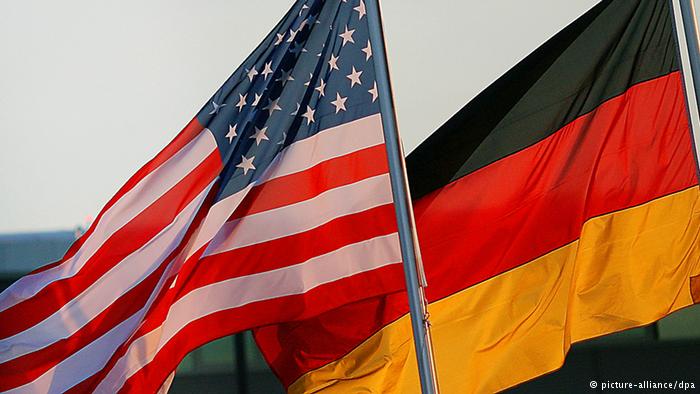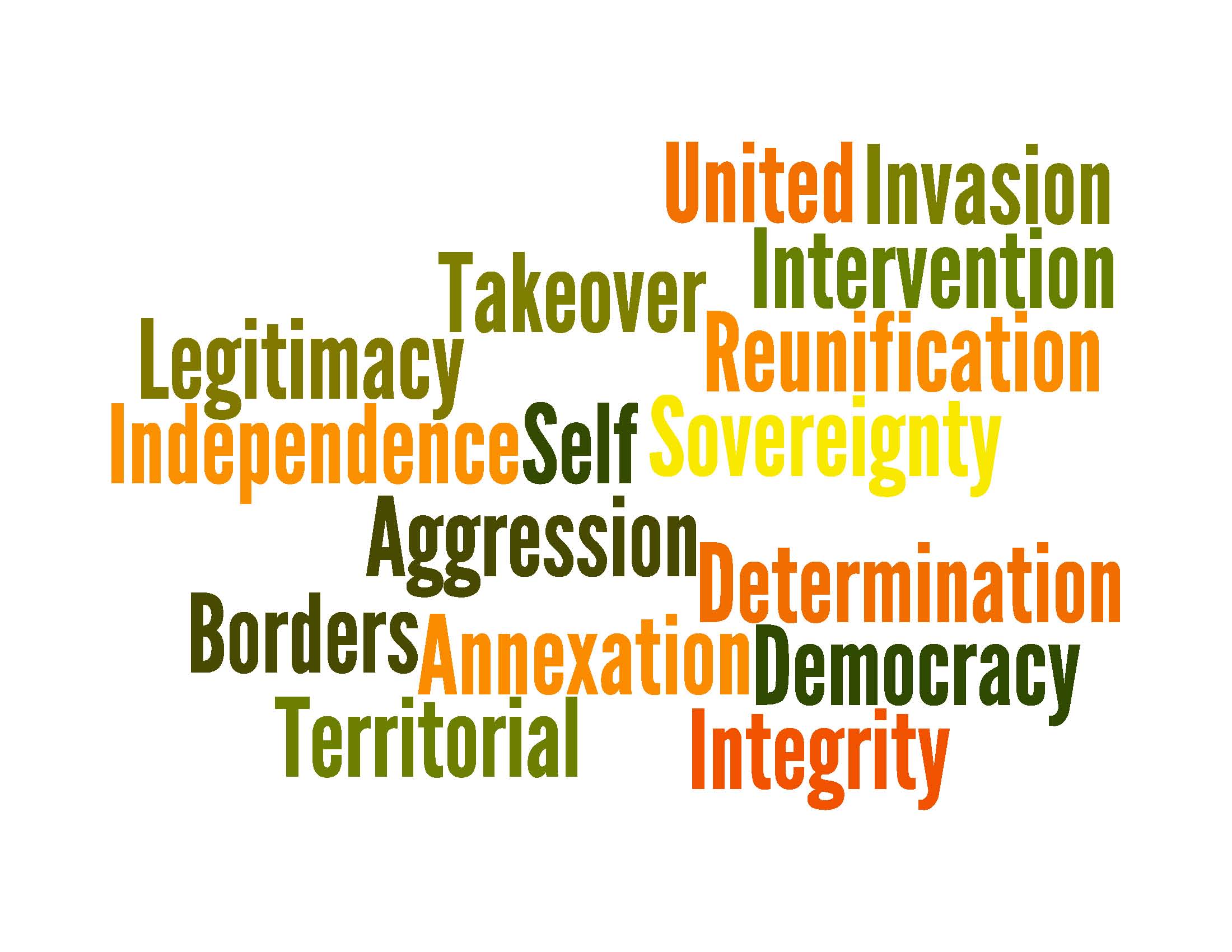
On October 3, the State Department held a conference on Diplomacy and digital/mobile media. On the last panel of the day, I spoke on how Public Diplomacy professionals use digital media in the developing world.
The Department has many different bureaus, offices and people involved in the use of digital media. We have websites, Facebook pages, Twitter accounts, SMS, Youtube videos, and a multitude of other tools and platforms. We deploy these tools abroad via Public Diplomacy/Public Affairs offices at our embassies to listen, inform, engage and dialogue with foreign publics in support of a wide array of foreign policy goals and strategies.
Our communication is intended to inform and open discussion with these publics regarding our policies – possibly to be favorably disposed on an issue, to work with us in partnership, or to be influenced in some way that is favorable to our strategic interests or American values. Digital media has allowed us to bypass traditional media and carry our message directly to millions – even billions – of people around the world.
Field practitioners of public diplomacy, like myself, often debate how much and when to use digital media – and with what audiences. Whether providing information or content leads to influencing, empowering or transforming our audiences; whether the medium fits the message or the audience. Whether we are credible on Twitter or regarded as propagandists. Whether we will ever be seen as honest listeners if our policies or statements do not adapt and change to the expectations of those providing content and feedback.
We angst over how we can fit the digital tools into a whole strategy of communication that includes traditional press activities, academic exchanges, speaker programs or one-on-one meetings. We also wonder how we can keep the spontaneity of digital/social media in an institution where communications are not spontaneous – where they must be carefully crafted, debated, scrutinized, cleared – and sometimes miss the rapidly moving window of opportunity that digital media dictates.
Digital media allows us to reach larger audiences and broader spectrums of societies. It facilitates online discussion and debate. It allows for crisis messaging. However, we should be realistic of the challenges we face in many countries in using digital media to reach audiences.
First, digital/mobile media is infrastructure dependent. Countries around the world vary widely in the penetration, use and control of digital media. The Pew Research Center did a global study in 2013 and in general, the statistics showed that Internet use correlated with income levels. Most users were under 35 years of age. Some countries and regions had low penetration: Iraq 8%, Afghanistan 6%, Liberia 4.3%.
Smart phone ownership in many countries was very low: Pakistan 3%, Uganda 4%, Egypt 23%. Of course Europe, the Gulf, the U.S. were high. And – in my experience, literacy rates also influence digital media use. The issue that we face in communicating with publics in critically strategic countries is monumental.
Second, interactive media is intended to be interactive. When we send but do not engage, third party actors or mediators then influence or skew the interaction. Twitter is a good example of how credible “names” become the brokers of truth. Or, if we never respond, the user thinks we do not care to listen to them.
Third, digital media is anonymous and therefore entities can lie about who they really are, mimic and pretend to be someone else, or actively seek to cause mischief. We then spend a lot of time explaining that “we did not say that” when that is not our Twitter feed or website!
Fourth, in societies where personal, social interaction leads to trust, anonymous communicators (even if representing a government) are often distrusted. And in countries where media and governments regularly withhold information, or where rumors and conspiracies are credible… communications from the U.S. embassy often hold little credibility. Pew also published a project on “social media and the spiral of silence” that noted that people were less willing to discuss controversial topics on social media than in person.
Fifth, digital media is labor intensive. It requires 24/7 monitoring and maintenance in a world that never sleeps.
So digital media is a tool. The question is, do we want to use it to listen/analyze, inform, engage, or carry on a dialogue? And which one of these purposes will actually influence public opinion or lead to action. How can we choose the most effective tool for the audience of the purpose? How can we remain one step ahead of the technology curve in a given region of the world.
Lots of questions and food for debate.


